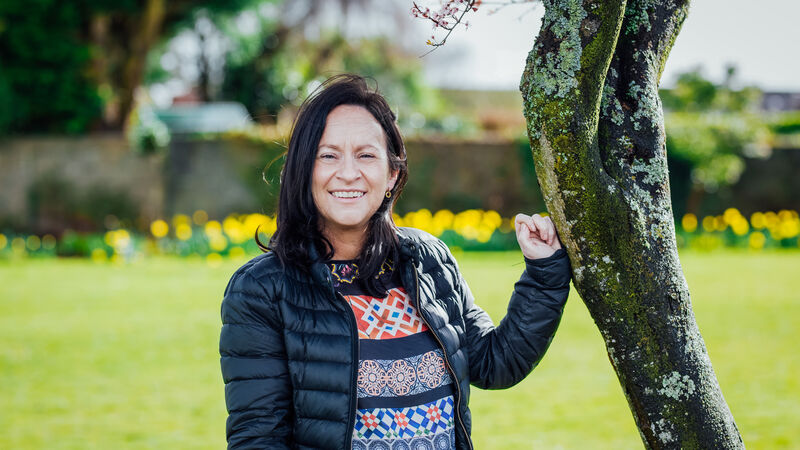Fears some children will not return to school after another 'year of chaos'

Aoife Browne of Barnardos, pictured at home in Castletroy, Limerick. Picture: Brian Arthur
There is the girl who has locked herself in her room and is refusing to engage with her family. There is the man who refused two ambulances which called to his house.
There are others as well, families and children whose vulnerability only seems to be increasing as the pandemic continues, according to Aoife Browne, Barnardos Project leader based in Limerick.










